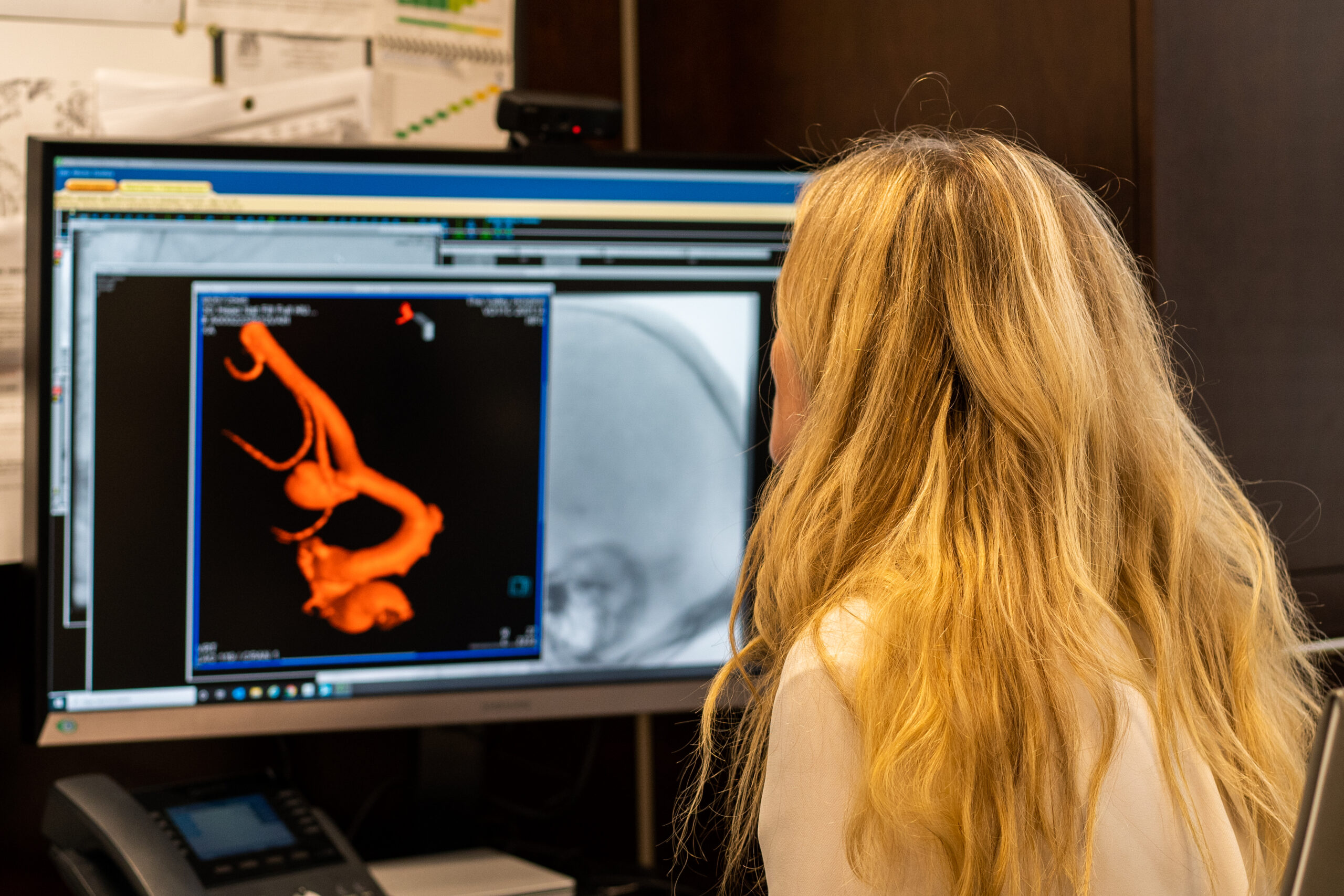Causes of a CSF leak
CSF (cerebrospinal fluid) is a clear, protective fluid that surrounds the brain and spinal cord. It plays a vital role in cushioning and nourishing these delicate structures. However, sometimes a problem called a CSF leak can occur, which can lead to various symptoms and complications. In this article, we’ll explore CSF leaks in simple terms, explaining what they are, how they happen, and what you can do about them.
What is a CSF leak?
A CSF leak refers to a condition where cerebrospinal fluid (CSF) escapes from the protective membranes surrounding the brain and spinal cord.
CSF leaks can occur due to various reasons. A head injury or trauma to the skull or spine can cause a tear or hole in the meninges (protective membranes) causing cerebrospinal fluid to leak.
Certain medical procedures, such as lumbar puncture (spinal tap), epidural anesthesia, or surgery on the brain or spine, can inadvertently cause a cerebrospinal fluid (csf) leak.
CSF leaks can also occur spontaneously without any apparent reason. This is often associated with conditions such as connective tissue disorders, idiopathic intracranial hypertension, or previous neurosurgical procedures.
Symptoms of a CSF leak
CSF leak symptoms can vary depending on the location and severity of the leak. Some common signs and symptoms of a CSF leak may include:
Clear fluid dripping out of the nose, which can mimic symptoms of nasal congestion, the common cold, or allergic rhinitis.
Fluid can also drip out of the ears as well. This is, however, more common in traumatic fractures of the skull base (cranial csf leaks) and usually does not occur in spontaneous csf leaks.
There can be increased drainage of fluid from a wound or incision site (in cases of recent surgery).
Most people, however, may never see any cerebrospinal fluid dripping.
In cases of non-traumatic leaks, the symptoms they may develop are as follows:
- Headache, which is often worse when upright and improves when lying down
- Neck pain or stiffness
- Sensation of fluid moving in the back of the throat or ears, or hearing whooshing sound
- Dizziness
If there is no evidence of trauma, it is often suspected that a pre-existing condition of raised intracranial pressures led to a leak.
However, often there is no apparent leak, rather the high pressure in the brain can displace brain tissue into the upper spinal canal (a type of Chiari 1 malformation) or other structures, then called encapholocele.
They can also compress the veins in the brain causing venous congestion and venous stenosis. If you are diagnosed with any of those conditions, you may also have intracranial hypertension.
Idiopathic intracranial hypertension (IIH), previously known as pseudotumor cerebri, has been recently renamed. While it is still not known why some people get long-term increases in brain pressure, this condition is not associated with a brain tumor.
When experiencing the above symptoms, IIH should be considered. Patients will often report a long-standing history of headaches, pulsatile tinnitus (hearing their own heartbeat), occasional blurry vision and dizziness.
The Tri-State's leaders
in Cerebrovascular treatments.
If a CSF leak is suspected, it is important to seek medical attention. A healthcare professional will evaluate your symptoms, medical history, and may perform diagnostic tests such as imaging studies (CT scan or MRI) or a test called beta-2 transferring assay to confirm the presence of CSF in the leak.
It can sometimes be difficult to find the leak and a lot of highly specialized imaging techniques may have to be used.
Treatment for CSF leaks depends on the underlying cause and the location of the leak. Conservative treatments may involve bed rest, hydration, and avoidance of activities that increase intracranial pressure, I.e., bending the head down. However, in some cases, surgical intervention may be necessary to repair the leak and prevent complications such as infection, sinusitis or meningitis.
In the event a diagnosis of idiopathic intracranial hypertension is made, a venous stenting procedure may be considered.
You can learn more about this procedure here: https://www.neurosurgeonsofnewjersey.com/blog/what-is-idiopathic-intracranial-hypertension/
If you suspect you may have a CSF leak, contact our office today to schedule a consultation with one of our board certified surgeons.

About Dr. Dorothea Altschul
Dr. Dorothea Altschul is an accomplished neurointerventionalist in North Jersey and is the Clinical Director of Endovascular Services at Neurosurgeons of New Jersey, practicing out of their Ridgewood office located on East Ridgewood Avenue.
Recent Posts:






